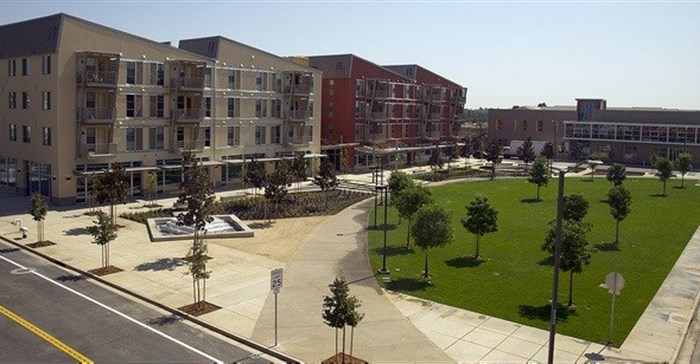
Top stories




Marketing & MediaWarner Bros. was “nice to have” but not at any price, says Netflix
Karabo Ledwaba 1 day


More news

Logistics & Transport
Maersk reroutes sailings around Africa amid Red Sea constraints

















Representing 19 countries, their work ranges from placing solar lanterns in humble huts to advising the leadership of South Africa’s national power utility.
Over the next six weeks, they will be at the University of California, Davis, to leverage the campus’s energy expertise and better equip themselves to tackle the enormous energy challenges on their continent.
“They’re super impressive,” says UC Davis professor, Kate Scow, of the department of land, air and water resources and the institute’s academic director. “Bringing these young leaders together in one place is amazing.”
The fellows are between 25-35 years old, and have already promoted innovation and accomplished positive change. They include:
Of the two South Africans on the programme, Adele Boadzo is a clean energy activist and solar entrepreneur with over five years' experience in Africa's energy sector. She is passionate about delivering clean energy projects to electrify the continent and is currently a project manager at a South African solar PV company.
She is also the founder of Hope Rises Solar, an organisation that empowers women to distribute and install solar technologies to transform their communities.
Grant Harris of Davis, who helped launch the Young African Leaders Initiative, the flagship of President Obama’s Young African Leaders Initiative, for the White House, says the lack of access to energy is an enormous impediment to Africa’s growth and economic development. “Without electricity, you cannot study at night, refrigerate a vaccine or dependably run a factory or business.”
“Whether Africa’s young leaders receive the skills and opportunities they need is going to determine the future of the continent.”
UC Davis is one of 36 universities hosting the summer programmes for about 1,000 fellows selected through a competitive process from among 40,000 applicants. At the Specialised Institute on Energy: Pathways to Zero-Net Energy, fellows will experience a living lab for energy efficiency at the university, ranked third in the world for sustainability by the GreenMetric World University Ranking.
A few of the academic sessions will focus on empowering women to help address energy needs. In one workshop, a gender adviser and policy team member from USAID will discuss how developments in the energy sector affect men, women and children differently.
While there, they will be staying in the university’s West Village - the largest planned zero-net energy project in the United States.